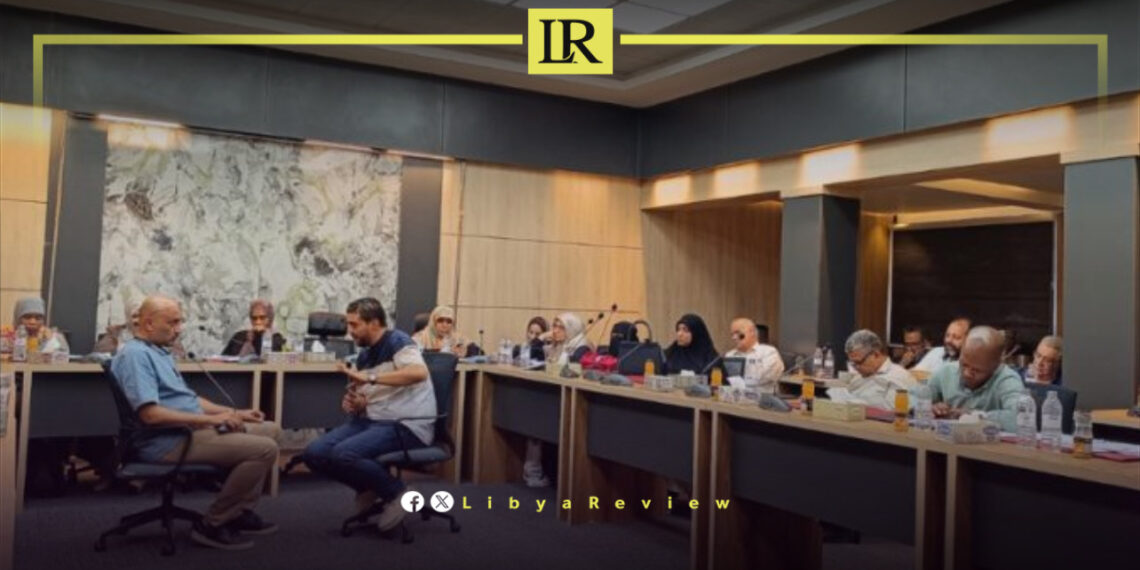The World Health Organization (WHO), in collaboration with its Regional Office for the Eastern Mediterranean and with support from the Government of Italy, has successfully conducted an intensive five-day training program in Benghazi, Libya. The initiative focused on enhancing the competencies of Libyan healthcare professionals to better serve refugees, migrants, and internally displaced persons (IDPs).
This training falls under a broader project aimed at empowering healthcare providers to deliver inclusive, equitable, and comprehensive services to vulnerable and marginalized populations. These efforts are especially critical given the growing challenges facing refugees and migrants in Libya.
A total of 29 healthcare specialists from across Libya participated in the program, representing various levels of the national health system — from administrative personnel to frontline workers. The training was delivered with technical support from experts at WHO’s Regional Office and Libya Country Office.
According to Dr. Mohamed Hashem, Health Systems Program Officer at WHO Libya, the training covered nine core competencies and 35 professional behaviors, designed to equip participants with the skills to provide professional, humanitarian, and context-sensitive healthcare to displaced communities.
Notably, the program also prepared participants to become trainers themselves, enabling them to pass on their knowledge and expand the initiative’s impact across the national healthcare system.
This marks the first program of its kind in Libya and the third in the Eastern Mediterranean Region, following similar initiatives in Jordan and Tunisia. It reaffirms Libya’s position as a key player in regional efforts to build more inclusive and resilient health systems.


